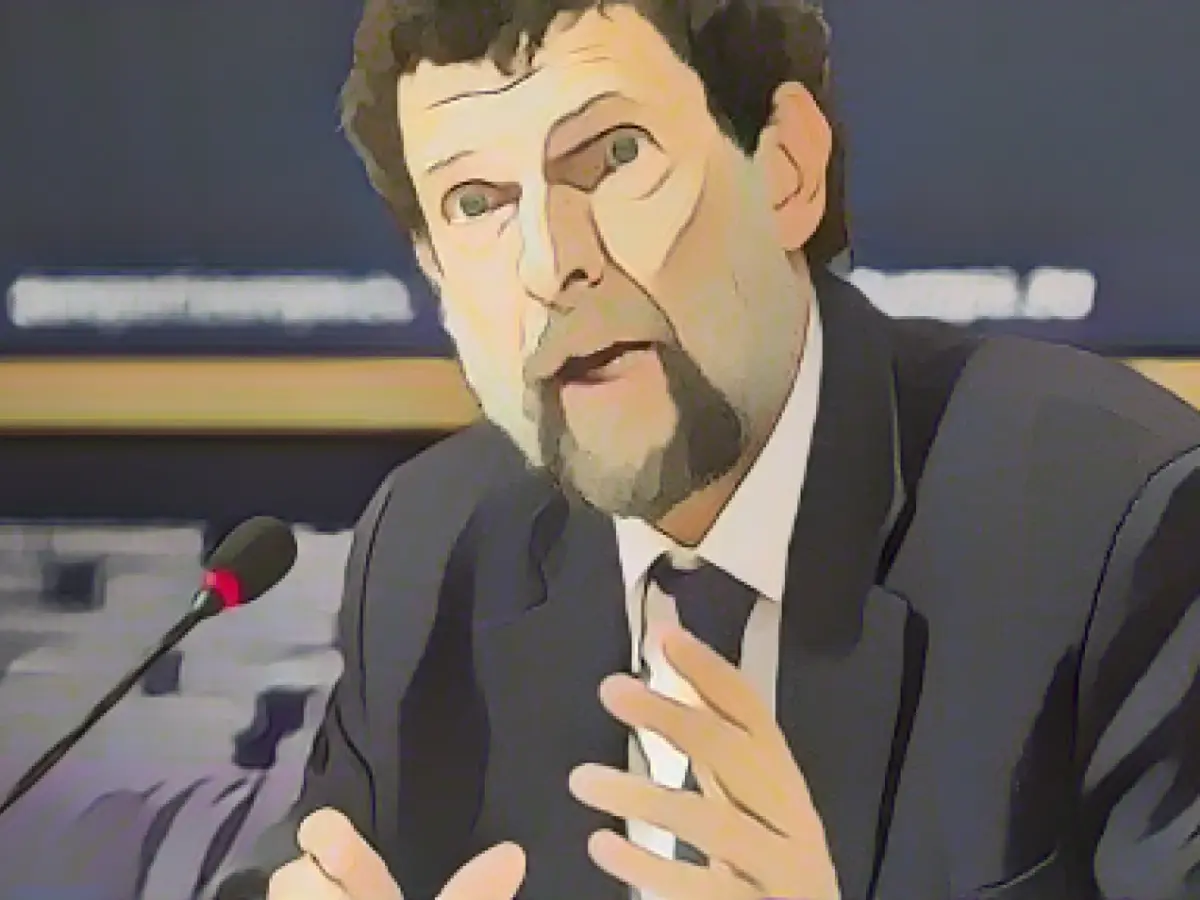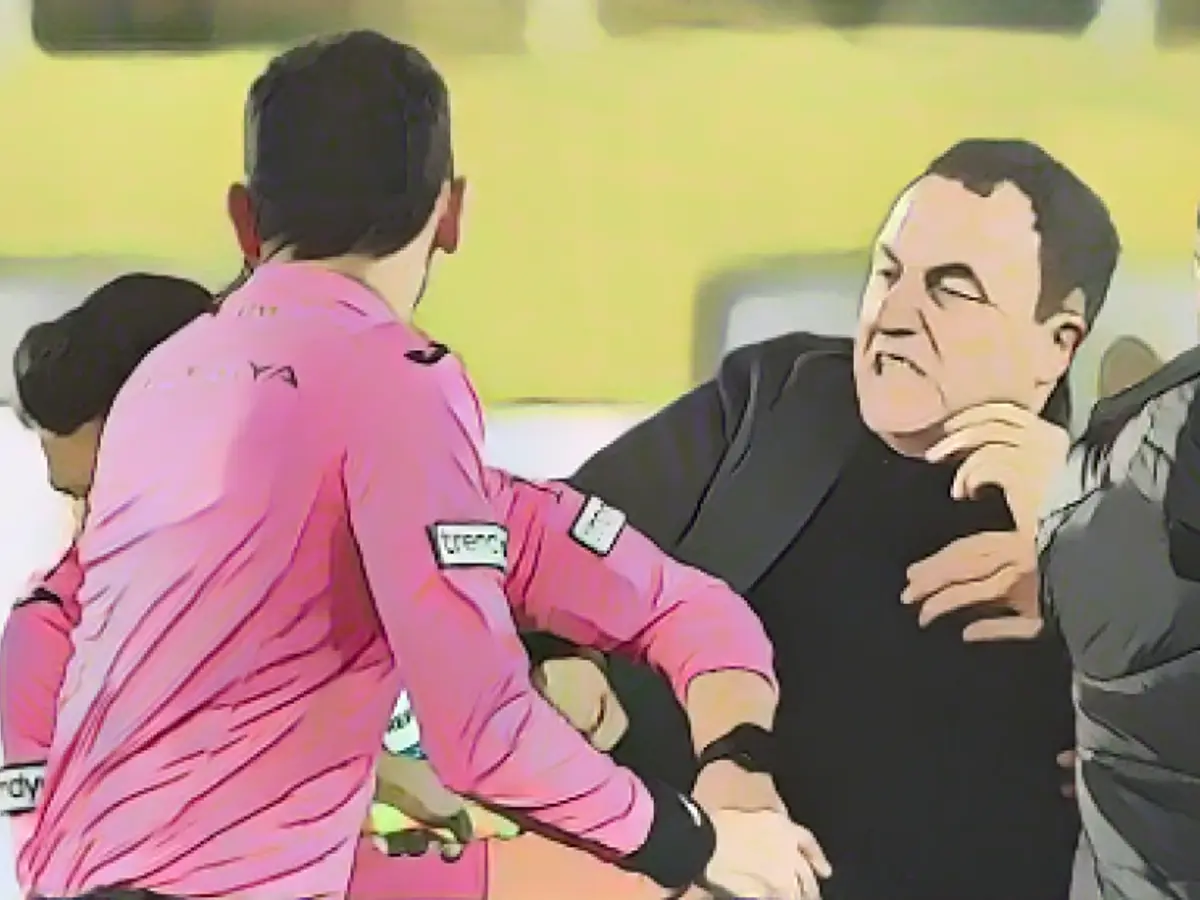Title: Turkey's Controversial Handling of Osman Kavala Case Stirs International Concerns
Strongly criticized by international organizations and numerous European countries, Turkey's approach to the Osman Kavala case at the European Court of Human Rights (ECHR) has gained significant attention.
The Turkish Minister of Justice, Yilmaz Tunc, recently accused the ECHR of politicizing Kavala's case, arguing the court was discussing it beyond its legal scope. These claims came following a visit by the European Parliament's rapporteur on Turkey, Nacho Sanchez Amor, to Kavala in Istanbul's Silivri prison.
Kavala, a human rights advocate and supporter of various civil society projects in Turkey, has been imprisoned for six years in connection with the anti-government Gezi protests. Despite the ECHR recommending his release, Turkey has neglected these rulings, leading to calls for accountability.
The Turkish Supreme Court of Appeal confirmed a life sentence for Kavala in September, further escalating the controversy. Minister Tunc, referring to the largely peaceful Gezi protests of 2013, labelled them a violent "uprising."
International organizations and several European countries, including Germany, have voiced concerns over the politicization of the Kavala case, warning of an erosion of human rights in Turkey.
Enrichment Data:
In particular, critics have highlighted several key concerns:
- Continued Detention Despite ECHR Judgments:
- ECHR rulings, such as those citing lack of reasonable suspicion and violations of Articles 5§1, 5&4, and 18 of the European Convention on Human Rights, have been disregarded by Turkish authorities.
- The government's disobedience to ECHR judgments has led to increased scrutiny by the Committee of Ministers and strengthened condemnations.
- Lack of Good Faith:
- Turkey's failure to demonstrate good faith in implementing ECHR decisions has raised concerns over the country's disregard for the Convention system and the ruling body's judgments.
- Systematic non-compliance highlights persistent issues within the judicial framework, including a disregard for human rights protections and an erosion of the rule of law.
- Systemic Issues in the Judiciary:
- Ongoing structural concerns regarding the independence and impartiality of the Turkish judiciary facilitate arbitrary detentions and politically motivated prosecutions.
- The Council of Judges and Prosecutors (CJP), criticized for lacking structural independence, compounds these challenges.
- Criminalization of Dissent:
- The trial of Osman Kavala and other high-profile defendants and subsequent convictions have been perceived as evidence of a disturbing trend towards silencing dissent in Turkey.
- The equating of peacefully advocating for human rights with national security threats, as illustrated by the Court of Cassation, deepens concerns about the state of human rights protection in the country.
- International Criticism:
- The Committee of Ministers' over 20 decisions condemning Turkey's failure to release Kavala, along with the Parliamentary Assembly of the Council of Europe's calls for his immediate release, signify a broad international consensus demanding Turkish authorities uphold human rights and adhere to the rule of law.
- Various international organizations, like Human Rights Watch (HRW), the International Commission of Jurists (ICJ), and the Progressive Lawyers Association (ÇHD), have vocally condemned the situation, stressing the urgency for general measures to address judicial independence and the rule of law.






